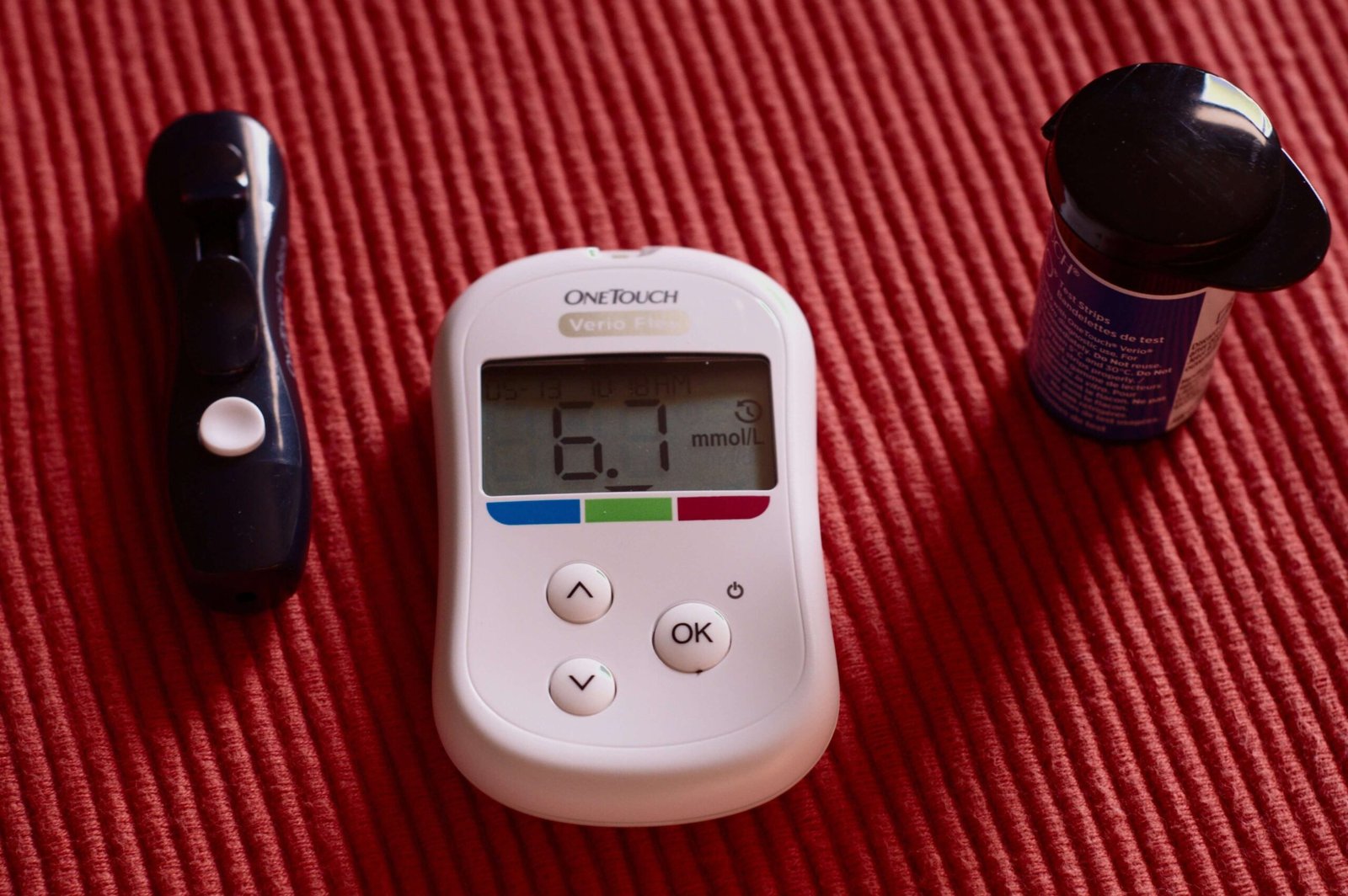
What to Eat if You Are Diabetic?
To keep your blood glucose levels under control you need to monitor your diet. The amount and the type of foods that you take in matter a lot. Given here are the basic guidelines using which you can control your blood glucose levels.
Important Pointers:
- Three meals a day are important if the span between the two meals is long than you should take snacks.
- Never skip your meals.
- Plan your snacks and take them at take them just like your medications.
- Take carbohydrates consistently.
- Monitor your body glucose after meals so that you will come to know the affects of different foods on your blood glucose levels.
Composition of Various Types of Foods:
There are three basic components of food: carbohydrates, proteins and fat. Each of these components has different impact on your blood glucose levels.
- Always remember that there are certain oily substances like butter, avocado, mayonnaise, cream never raise your blood glucose levels. Indeed, fats are responsible for decreasing blood level levels.
- Proteins take more time to get digested.
- Foods like cheese, poultry, fish etc. raises blood sugar level slightly.
- Milk products, potatoes, whole grains etc. are all carbohydrate that are responsible for the increase in blood glucose levels that activate release of insulin.
You should very careful about taking some portions of carbohydrates to keep your blood glucose level under control.
Dietary Fibers:
Unlike other starches, dietary fibers do not get digested or absorbed in the body easily and therefore have less impact on elevating blood glucose. There are fruits like legumes, bread, cereals, peas etc. which should be taken carefully. Intake of dietary fibers should not exceed 35 grams a day.
Insoluble fibers like bran, seeds and cereals etc. slow down the digestion process and add bulk to the bowel movements. Taking these fibers in the diet not only helps in weight loss but also controls blood glucose levels. On the other hand, foods like bran, barley, oat, fruits and legumes are rich in soluble fibers. Soluble fibers moderate your blood glucose levels, lower LDL cholesterol and reduce cholesterol.





